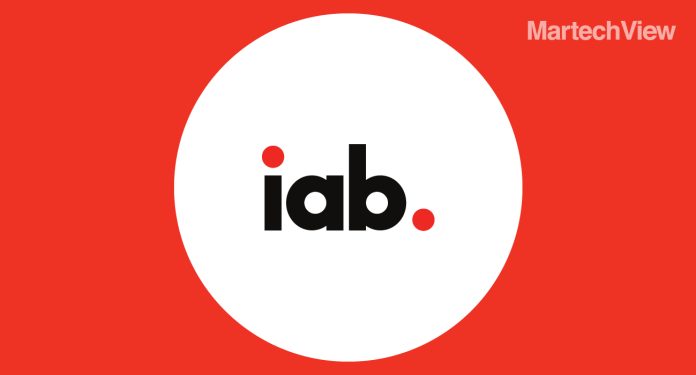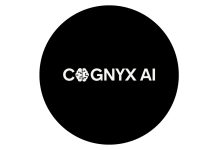IAB report reveals slow but satisfying AI adoption in media. Experts urge strategic planning to avoid falling behind competitors.
For all of the discussion about AI and the spending on new tools, practices and methods to harness it, it has yet to reach widespread use, according to the IAB’s State of Data report. However, as the tech continues to rapidly evolve, those who are slow to get on board are at risk of being left behind, according to Angelina Eng, vice president of measurement, addressability and data center for the IAB.
“The industry isn’t taking full advantage of what AI can do now. It can build media plans, generate audience segments, select media partners, forecast performance, and even use synthetic or ‘fake’ data to enhance marketing mix modeling and sales attribution,” Eng said in a statement. “This will transform how media campaigns are conceived, executed, and managed from start to finish.”
However, of those using AI, the majority are very satisfied. Seventy percent of agencies and publishers, who are ahead of brands in terms of adoption, say the tools meet or exceed their expectations for driving time, cost savings and resource goals.
Also Read: Is the Future of Marketing Shaped by Ethical Algorithms?
The report suggests there is still a long way to go for widespread and enthusiastic AI adoption. A majority of agencies, brands as publishers (as many as 90%) are using general-purpose tools such as ChatGPT, Perplexity and Meta AI — or functions within the platforms they’re already using, such as The Trade Desk’s Koa, Google Smart Bidding and Merkle’s GenCX — for their AI use. While these tools can provide an introduction and easy access to AI use, they don’t always have the robust functionality that will lead to a widespread business advantage.
Further, only about half of the agencies, brands and publishers responding are using or planning to use any of the 18 solutions proposed by the surveyors — such as long-term strategic roadmaps, clear use cases or defined KPIs — to overcome the AI adoption challenges for their media campaigns. Additionally, only 20% are putting in place AI boards or contract clauses, which will leave them open to biased outputs, data breaches and compliance failures.
Ultimately, those who don’t have plans in place will be susceptible to falling behind their industry competitors, losing consumer trust and facing legal consequences.
Also Read: Marketing’s Next Chapter: Women Driving Impact in 2025
“The study suggests that agencies, brands, and publishers need to take a phased approach to AI adoption, ensuring that data inputs and outputs are secure and of high quality,” Eng said. “They also need to train teams on best practices, collaborate with the industry to develop standards and prioritize key use cases to establish a strong foundation for full-scale adoption.”
The IAB partnered with BWG Global and Transparent Partners for its latest report, which surveyed over 500 subject matter experts at agencies, brands and publishers.










